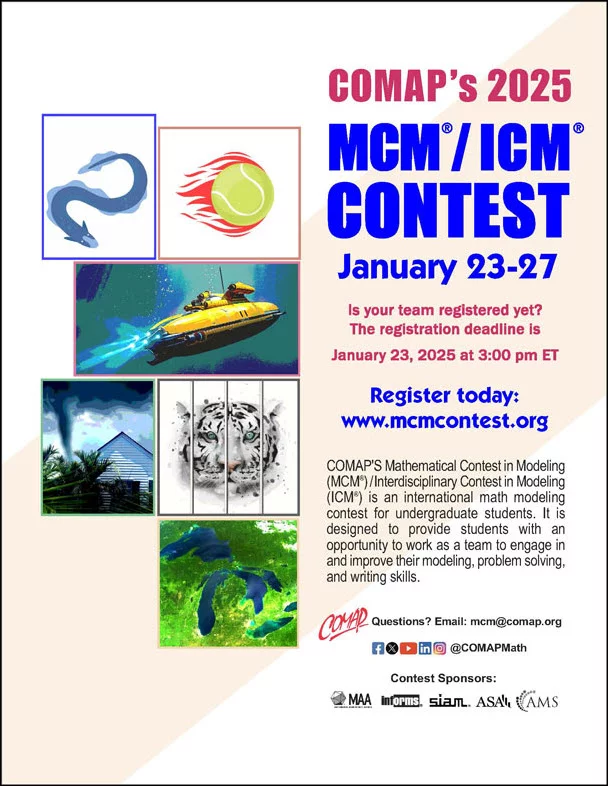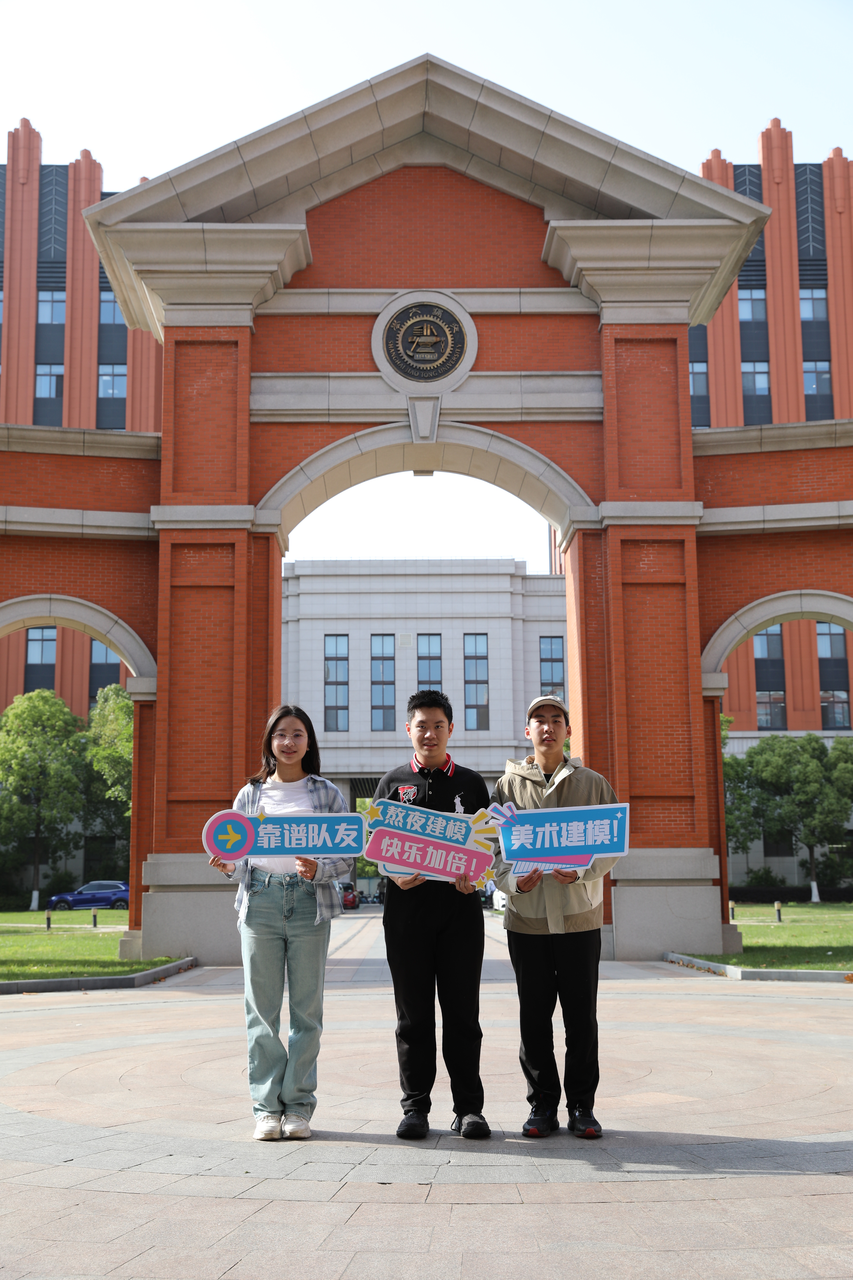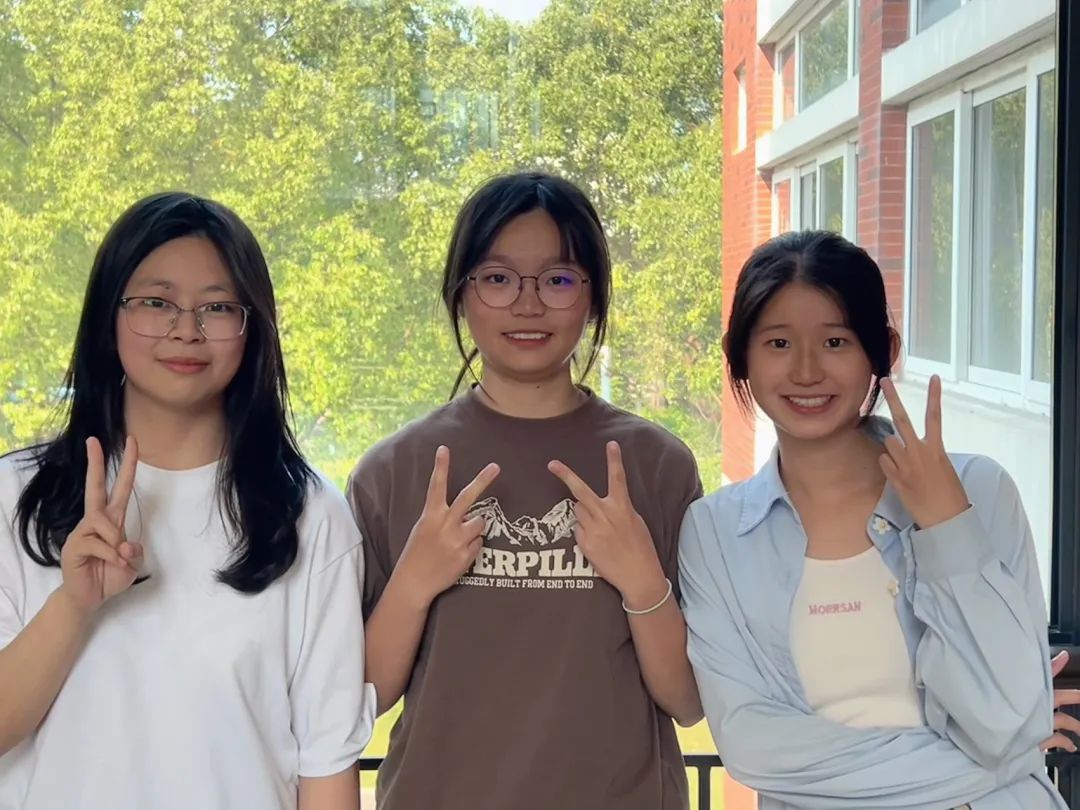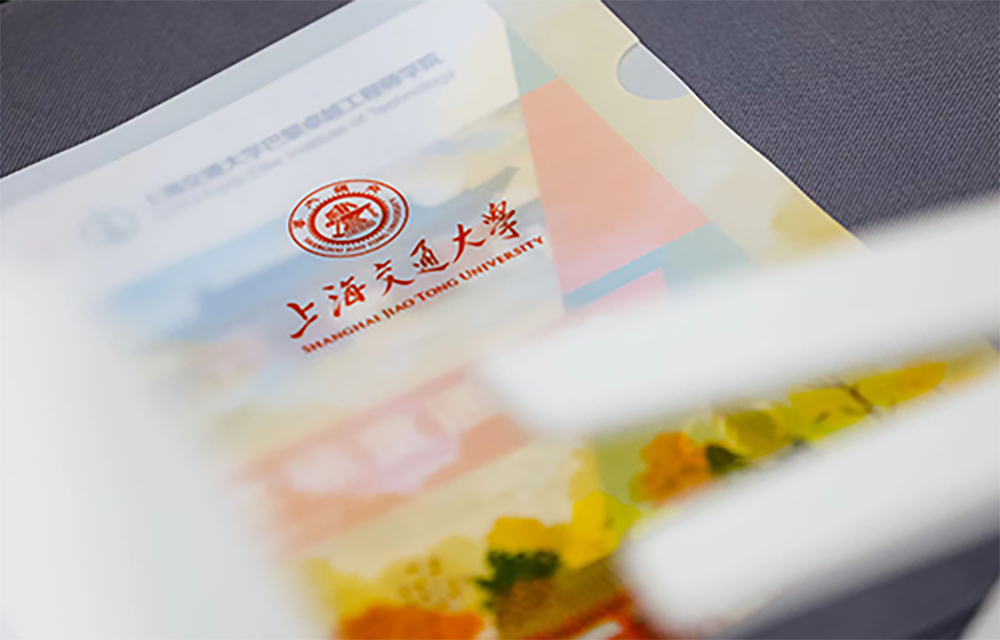The Mathematical Contest in Modeling (MCM/ICM), commonly known as the "MCM/ICM Competition," was first held in 1985 and has a history of nearly 40 years. It is one of the most influential mathematical modeling competitions in the world and the pioneer of modern mathematical modeling contests. Organized by the Consortium for Mathematics and Its Applications (COMAP), the competition is held annually. Participants form teams of three and, within four days, complete all tasks—from model construction, problem-solving, and verification to paper writing—demonstrating their abilities in literature review, mathematical modeling, academic writing, programming, and teamwork.
The MCM/ICM awards are divided into five tiers, in descending order:
· O Award (Outstanding Winner, top 0.16%)
· F Award (Finalist, ~1.8%)
· M Award (Meritorious Winner, ~6.5%)
· H Award (Honorable Mention, ~23.2%)
· S Award (Successful Participants, ~65.9%)
The competition follows a dual-track system of MCM (Mathematical Contest in Modeling) and ICM (Interdisciplinary Contest in Modeling), offering six open-ended problems (A-F).

图:2025 MCM/ICM promotional poster

Participants’ Reflections

Finalist Award Team: Ao Jingke, Yang Bowen, Guan Huai
Looking back on this journey, the most valuable part was not the award itself but every moment of pushing our limits alongside my teammates. First, it was the power of teamwork. Second, it was the courage to challenge boundaries. Mathematical modeling is a journey with no predefined answers—a bold exploration into the unknown. It was the combination of big-picture thinking, attention to detail, and mutual trust that allowed our team to withstand the pressure at the last moment and polish our paper to perfection.

About the Competition

Finalist Award Team: Zhu Yixin, Jia Yizhen, He Xuchen
Looking back on our first MCM experience, the most memorable moments were not the surprise of seeing our results but the 15-hour daily Tencent Meetings across three time zones; the cheers when inspiration struck during late-night problem-solving; the emergency fixes when we discovered model flaws on the last day; the frustration and persistence when the code kept failing; and the shared document cursors blinking in the early hours of New Year’s Eve, culminating in the ceremonial submission at sunrise.
For three beginners, the competition was full of challenges, but we maintained an optimistic attitude, tackled difficulties head-on, and completed this new attempt with a reasonable model and a clear, understandable paper. When we saw our team number—repeated so many times—in the winners’ list, we were as thrilled as if we were in a dream we never wanted to wake from. But every unbelievable miracle was traceable to those exhausting nights, the silent companionship, and the cycle of tearing down and rebuilding. It was these moments that turned the dream into reality.

Mathematical Contest in Modeling 2025

Shanghai Jiao Tong University Paris Elite Institute of Technology (SPEIT) adheres to the educational philosophy of "Strong Foundations, Diverse Perspectives, Global Vision, and Industry Excellence." The institute places great emphasis on fundamental disciplines such as mathematics and physics, laying a solid foundation for new engineering studies and helping students achieve long-term success. Over the past three years, SPEIT students have won 2 Outstanding Winner Awards (O Award), multiple Finalist Awards (F Award), and over 160 cumulative awards in the MCM/ICM.






